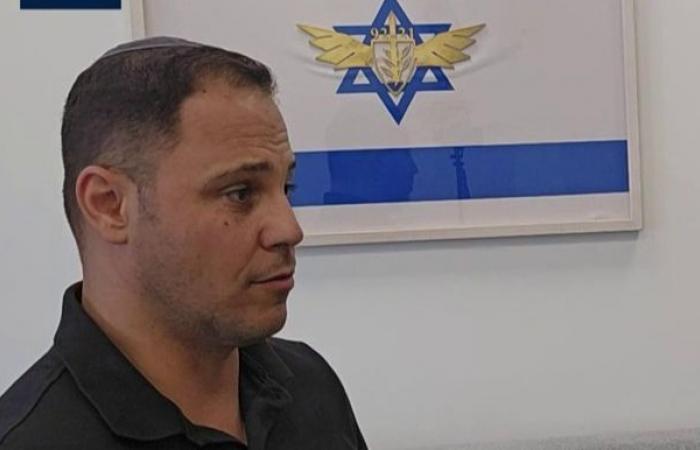In an interview with the program “Defense” on I24News, Lieutenant-Colonel de reserve Yaron Bouskila, secretary general of the security think tank Bithonistim, delivers a detailed analysis of the new operational phase which promises to be in the Gaza Strip.
From foray to territorial control
Asked about what concretely means the intensification of operations decided by the Israeli security firm, Bouskila explains that this is a fundamental change in approach: “This concretely means that we bring much more forces, soldiers, combatants who will create operational control in Gaza.” Unlike the previous phases where TSAhal made “raids and incursions entering and outgoing”, allowing Hamas to regain control and re -implant after the departure of Israeli troops, the new strategy aims to “return to the entire Gaza band to have operational control on site”.
The main objective would be to “separate the population from Hamas” while ensuring the distribution of humanitarian aid directly by the Israeli army, thus preventing the terrorist group from taking advantage of it. Bouskila compares this approach to that used in Judea-Samaria, where TSAhal can intervene at any time for targeted operations, preventing terrorist organizations from establishing themselves permanently.
A military, non -political decision
Building on his experience during multiple conflicts (REWAD OPERATION in 2002, Lebanon War in 2006, Operation Bordure Protective in 2014), Bouskila affirms that this strategic development is “not a political question” but rather an operational necessity. “The objective for our entry into Gaza was to put pressure on Hamas militarily to reach agreements, to release hostages,” he recalls, defining war as “negotiations by other violent paths” which end up bringing the negotiation table back. If the raids and incursions have made it possible to “free up a lot of hostages”, Hamas “still holds a few dozen that he does not want to release, knowing that it is his last cards”. Hence the need to “change the combat method to make even more pressure on Hamas”.
Humanitarian aid as a strategic issue
-Regarding humanitarian aid, Bouskila is categorical: “We must absolutely bring humanitarian aid into the Gaza Strip. It is not a question of revenge.” He stresses, however, that he is “intolerable, and it never happened in military history, that the army on one side fights the enemy and on the other side nourishes it”. The objective would therefore be to separate these two functions, by ensuring that the aid reaches civilians without going through Hamas, which would allow “to weaken Hamas in the face of its population and create a link between the population and the Israeli army”.
The call for reservists, ultimate effort
Regarding the massive mobilization of reservists of which he is himself a part, Bouskila is unambiguous: “We do not call the reservists to improve the situation but to win a war.” He underlines that from the “point of view of the civil capacities to endure the call of reservists, we are really there with our last ball”. After a year and a half of conflict having seriously impacted the economy and families, “if we call the reservists, we will absolutely have to go to the end.” Lieutenant-Colonel does not hide the extent of the challenge: “If this time we will not be overwhelmed by Hamas, it will be practically impossible in my opinion to recall all the forces in reserve importantly to do so.” He thus hopes that “this time, it will be the last call and the last war also in the Gaza Strip”.
A clear goal: to eliminate the threat of Hamas
The conclusion of Bouskila is final: the final objective is not only to release the hostages but also to “ensure that Hamas disappears from there”. His reasoning is pragmatic: “If Hamas remains, we replace the hostages. And against prisoners, all the inhabitants around Gaza will be prisoners of Hamas threats as it was October 7.” He recalls that “the essence of the existence of Hamas” is to “fight Israel”, and that “if we do not defeat them, they will return it”.
This interview offers lighting on the strategic and operational challenges of this new phase of the conflict in Gaza, by an actor directly involved in its implementation, while Israel is preparing to deploy an unprecedented strategy in an attempt to definitively end the threat of Hamas.








